The use of chatGPT in Ophthalmic Scientific articles.
Write an report created entirely by the chatGPT artificial intelligence platform, and discuss its impact on the creation of scientific content.
GPT chat is a powerful tool that has the potential to revolutionize the way scientific articles in ophthalmology are written and presented. Ophthalmology is a highly specialized field that requires extensive knowledge of anatomy, physiology, and pathology. GPT chat can help ophthalmic scientists communicate their findings in a more accessible and engaging manner, it can simplify complex concepts and make them more accessible to a wider audience.
Additionally, GPT chat can help to enhance the interactivity of scientific articles. Readers can interact with the chatbot and ask questions, clarifications, or further details on the subject being discussed. This engagement can help to improve the reader's understanding of the topic and increase their interest in the research being presented.
However, relying solely on ChatGPT for writing scientific articles can also raise ethical concerns, as it may generate content that is biased or promotes harmful practices. It is important for young people to receive proper training in writing and linguistics, as well as gain specialized knowledge in ophthalmology, to ensure that the articles they produce are accurate, ethical, and of high quality.
(Figure 1): Question asked to chatGPT for the creation of this report
Finally, GPT chat can help to improve the overall accessibility and inclusivity of scientific articles. By providing an interactive and engaging platform for readers to engage with the content, simplifying complex concepts, enhancing interactivity, generating summaries, facilitating writing and bringing numerous benefits to the field. However, using GPT chat to create ophthalmological scientific articles can be harmful due to the potential for inaccuracies, lack of context, ethical concerns, and legal issues. It is important to use trained professionals with specialized knowledge in the field to ensure accurate and ethical content.
Pesquisa Básica
Hospital Quarteirão da Saúde de Diadema - São Paulo - Brasil
GUSTAVO AKIRA OKIMOTO, Gabriel Camargo Doria Ramos, Leandro Mazzoleni Stramari
Número de protocolo de comunicação à Anvisa: 2022379801